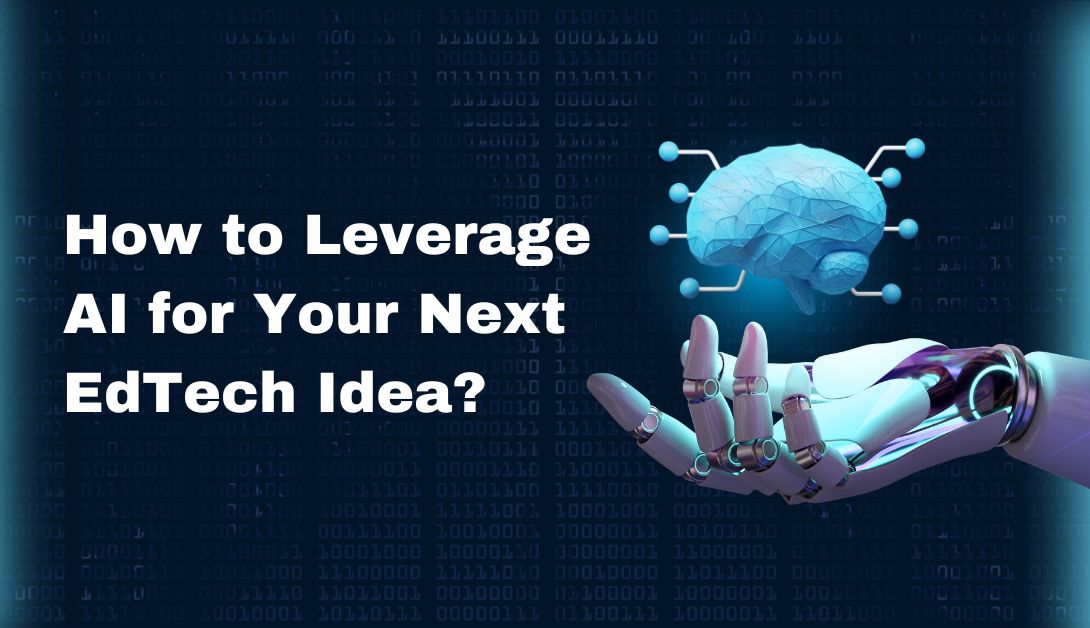
In an age where technology is reshaping traditional approaches, Artificial Intelligence (AI) stands as a beacon of innovation, revolutionizing industries across the board. The educational sector, in particular, has undergone a metamorphosis thanks to AI, altering the landscape of learning, teaching, and administrative processes. The convergence of AI with education has not only unlocked its potential but also catered to diverse segments, from K-12 to higher education and corporate learning.
The unprecedented surge in AI implementation owes itself to the pursuit of personalization, predictive analytics, and more. The pandemic, serving as a catalyst, propelled AI into the limelight, leaving an indelible mark on users. But before delving into the implementation of AI in education, it’s crucial to understand the market’s current size and its future trajectory.
AI in Education: Market Overview
The AI in EdTech market reached a substantial $2.5 billion in 2022, marking a profound impact. Moreover, the global e-learning market is on an upward trajectory, projected to hit nearly $400 billion by 2026. The AI in education market is forecasted to reach USD 3.68 billion by 2023, indicating a promising opportunity for EdTech startups.
Implementing AI in Education
EdTech startups and educational institutions alike have embraced AI across various facets of their solutions. Here’s how you can join this transformative journey:
1. Task Automation
AI doesn’t replace teachers but significantly alleviates their workload. Grading software integrated with vision and language-based modes eases the grading process, enabling educators to focus on value-based work.
2. Learning Assistance Outside the Classroom
AI-powered chatbots offer 24/7 assistance to students, catering to their questions or concepts without constraints. These virtual assistants create a safe space for students to inquire freely, addressing queries promptly.
3. Personalized Learning
AI analyzes student data to tailor learning experiences, ensuring individualized approaches. Intelligent Tutoring Systems (ITS) provide personalized learning akin to one-on-one tutoring. AI also facilitates multilingual learning, aids students with special needs, and fosters inclusivity in digital classrooms.
4. Smart Content Creation
AI enables educators to craft engaging, accurate, and personalized content. Information visualization, frequent content updates, and digital lessons enhance the learning experience, making it more immersive and accessible.
5. AI-Based Intelligent Assistants
AI-powered chatbots streamline communication, addressing repetitive queries effectively. They’re not just limited to study-related matters but can assist with administrative queries, simplifying processes for educators, parents, and school management.
Embracing AI in EdTech offers an array of benefits, fostering a dynamic learning environment for students while empowering educators, parents, and institutions. As AI continues to evolve, its integration in education promises a transformative journey, paving the way for a more inclusive and personalized learning landscape.